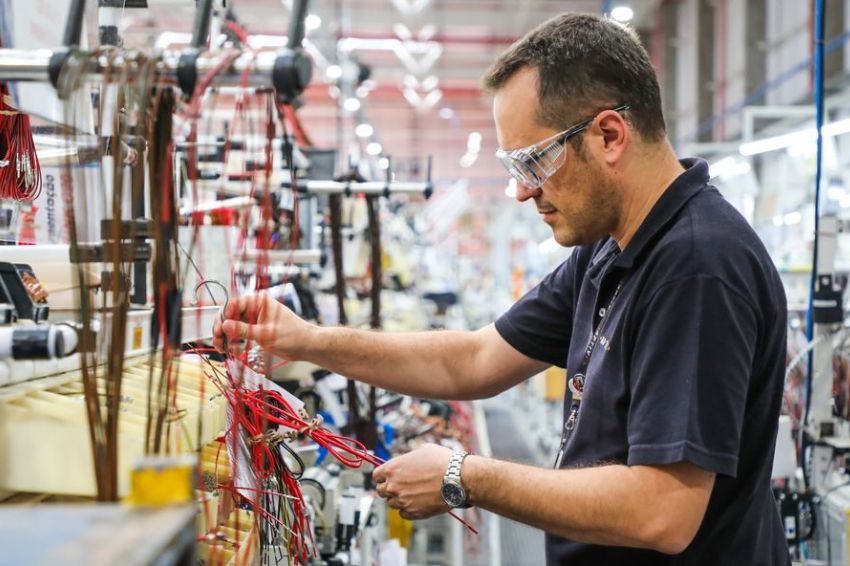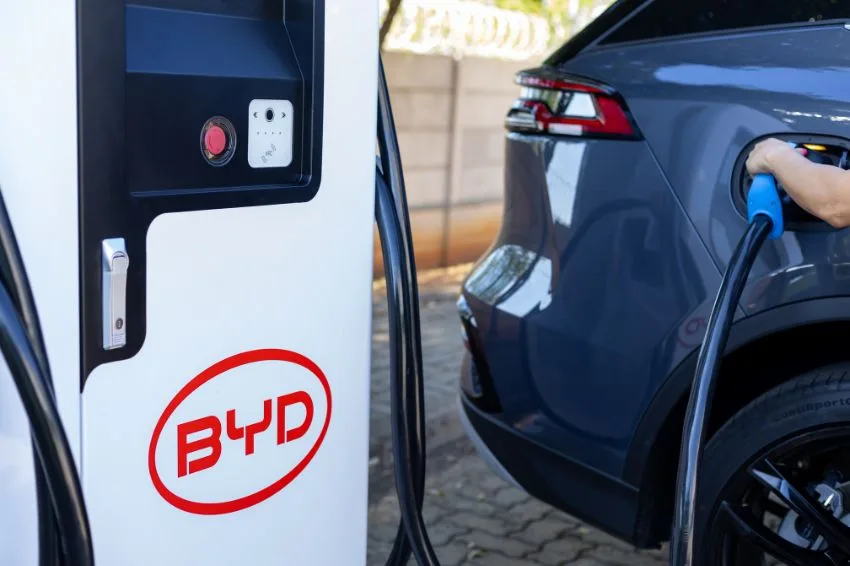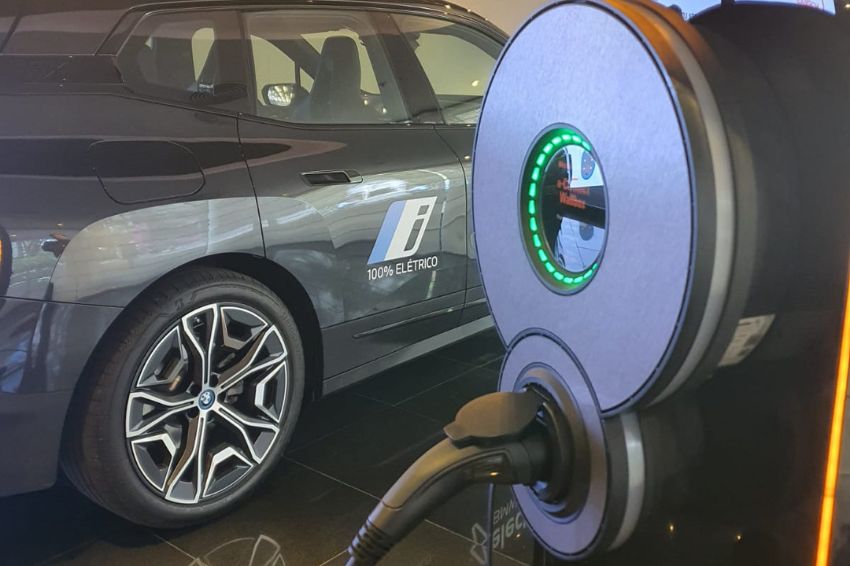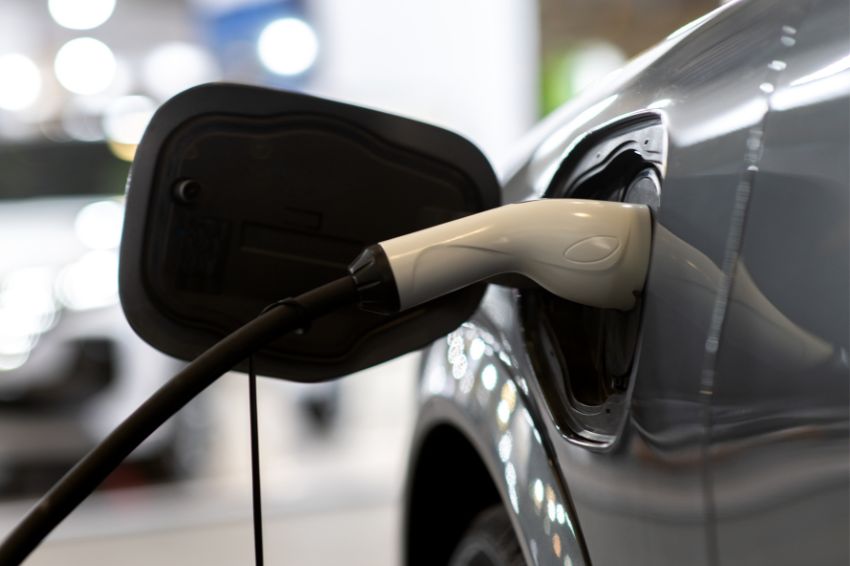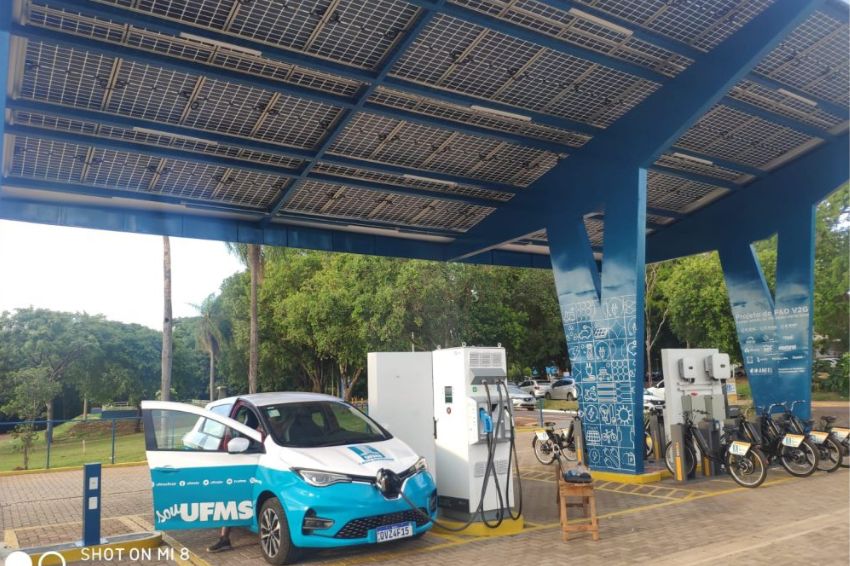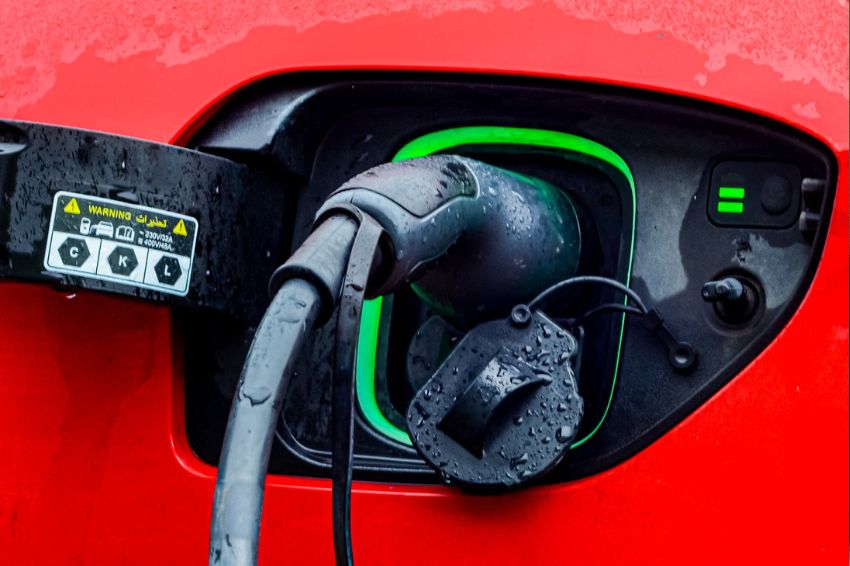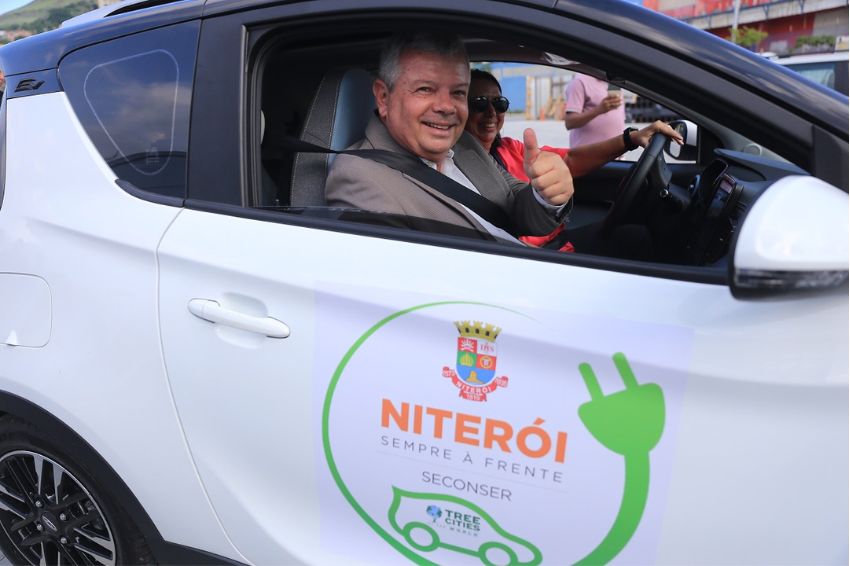The wiring harness, a relatively cheap component that groups a vehicle's cables, has become an unlikely problem in the automotive industry, leading professionals and companies to believe that this could accelerate the downfall of combustion cars.
This is because the supply of the part was directly affected by the war in Ukraine, where a significant part of the world's production is located and which equips thousands of new vehicles every year.
The part – made up of wires, plastic and rubber with low-cost manual labor – may not have the same reputation as other components, such as engines and batteries, but without it vehicles cannot be produced.
In this sense, the shortage of supply of the component has already accelerated the plans of some traditional automakers to switch production to a new generation of machine-made wiring harnesses designed for electric vehicles.
Nissan's executive chairman, Makoto Uchida, for example, told Reuters Agency that supply chain disruptions led the company to talk to suppliers about changing the wiring harness model.
Mercedes-Benz, for its part, reported that it obtained harnesses from Mexico to fill a brief supply gap and highlighted that some Japanese suppliers are increasing capacity in Morocco, while others are looking for new production lines in countries such as Tunisia, Poland and Romania. .
BMW said it is considering the possibility of using modular harnesses, which require fewer chips and fewer cables, which would save space and make them lighter.
Expansion of EVs
Currently, fossil fuel-powered cars still represent the majority of new vehicle sales globally.
Electric vehicle sales doubled to 4 million units last year, but still accounted for just 6% of the total, according to data from JATO Dynamics.
According to a BloombergNEF report, electric vehicles will account for 10% of car sales in 2025, with that number increasing to 28% in 2030 and 58% in 2040.
In Brazil, the sale of electric cars increased by 257% in 2021, with 2,860 electric vehicles registered during the year – a result almost four times greater than the 801 units sold in 2020, according to data from Anfavea (National Association of Motor Vehicle Manufacturers).


